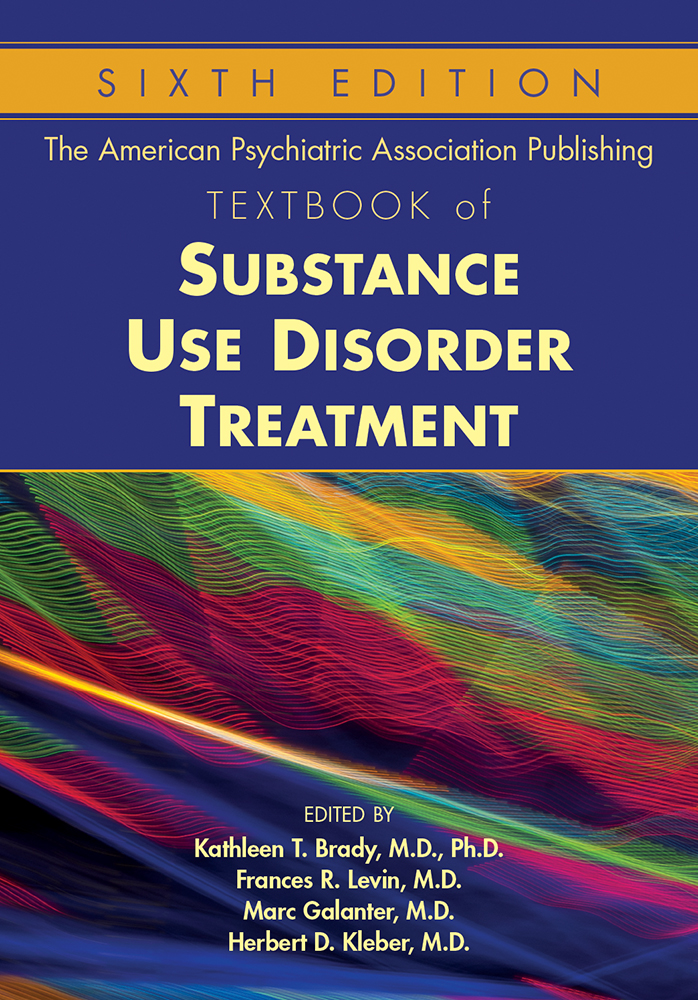Chapter 27.Family Therapy
Sections
Excerpt
In a paper published in the Quarterly Journal of Studies on Alcohol in 1953, Thelma Whalen claimed to have identified four specific patterns of behavior in wives of alcoholic men that she hypothesized might be causative in the onset and/or perpetuation of their husbands’ abusive drinking. The concept Whalen advanced was that the deep-seated intrapsychic conflicts these women were experiencing were being resolved via their marriage to alcoholic men. Pejorative names were given to these wifely patterns, such as “Suffering Susan,” a name meant to describe a woman who was satisfying a need for self-punishment, or “Punitive Polly,” a name coined to connote a woman who would seek out a man she could dominate to satisfy her own intrapsychic needs.
Access content
To read the fulltext, please use one of the options below to sign in or purchase access.- Personal login
- Institutional Login
- Sign in via OpenAthens
- Register for access
-
Please login/register if you wish to pair your device and check access availability.
Not a subscriber?
PsychiatryOnline subscription options offer access to the DSM-5 library, books, journals, CME, and patient resources. This all-in-one virtual library provides psychiatrists and mental health professionals with key resources for diagnosis, treatment, research, and professional development.
Need more help? PsychiatryOnline Customer Service may be reached by emailing [email protected] or by calling 800-368-5777 (in the U.S.) or 703-907-7322 (outside the U.S.).



